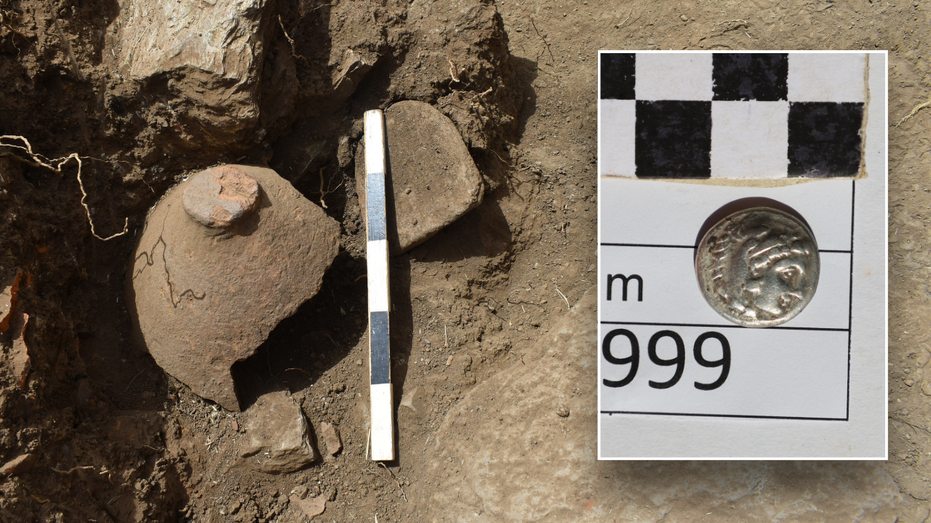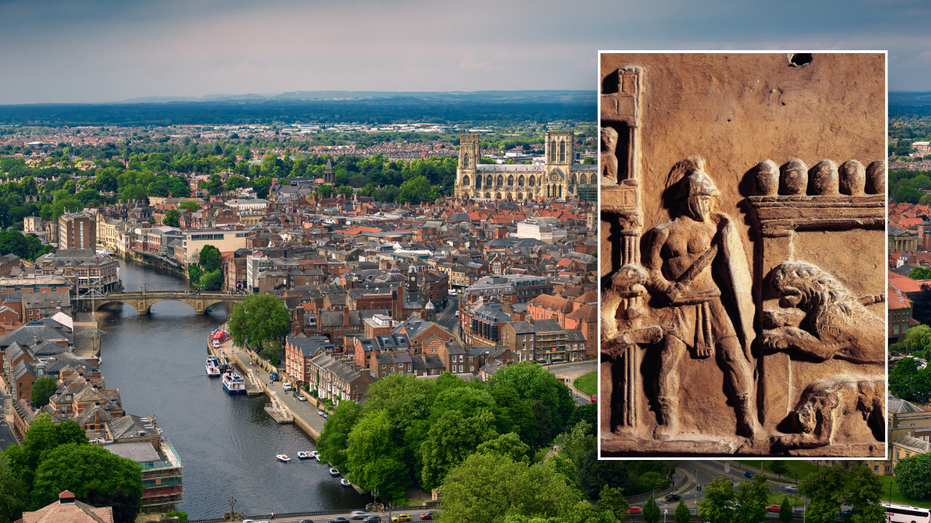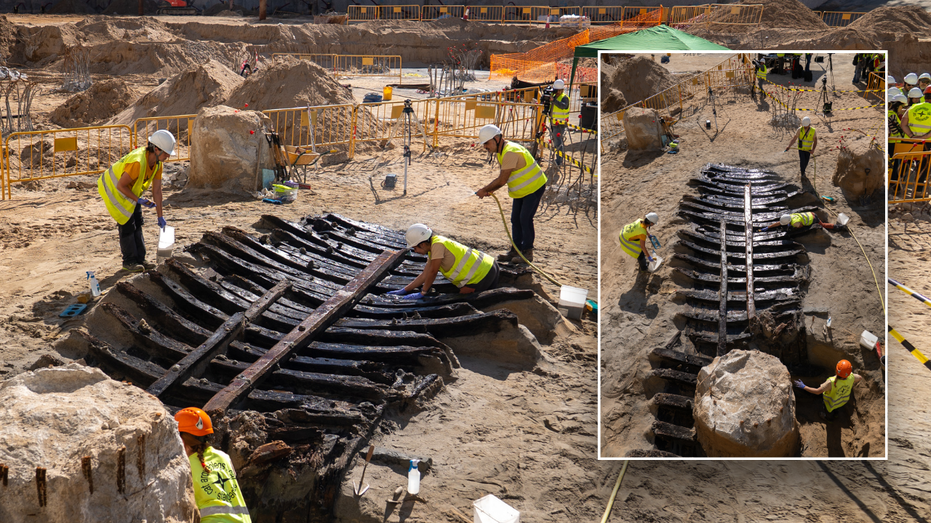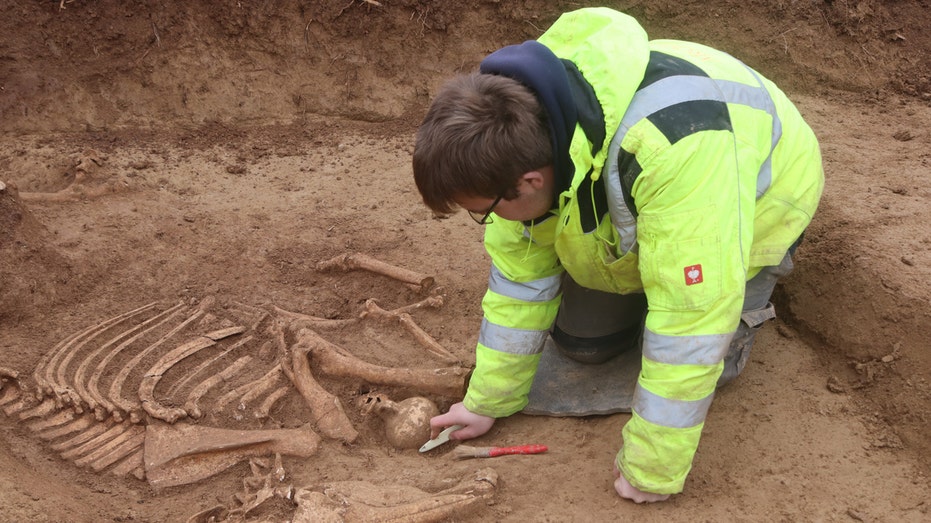Lost Ancient Capital Likely Unearthed in North Macedonia, Archaeologists Say

Sarah Johnson
April 21, 2025
Brief
Archaeologists have likely discovered the lost capital of Lyncus in North Macedonia, revealing ancient ruins, artifacts, and historical ties to Alexander the Great’s royal lineage.
Archaeologists may have finally uncovered the long-lost capital of an ancient civilization in North Macedonia, with new evidence pointing toward the site being the fabled city of Lyncus, capital of the Kingdom of Lyncestis. The discovery, announced by California State Polytechnic University, Humboldt, follows an excavation at Gradishte near the village of Crnobuki, in collaboration with Macedonia's Institute and Museum in Bitola.
Nick Angeloff, anthropology professor at Cal Poly Humboldt, stated that all indications point toward the ruins being Lyncus, a city that had eluded discovery for centuries. He emphasized the rarity of the find, calling it a "unique" moment in archaeological research. Lyncus, which was settled in the 7th century B.C., was famously the birthplace of Eurydice I, grandmother to Alexander the Great. Not exactly a household name, but considering her grandson, she clearly left quite the legacy.
The team believes this is the only location that could have been Eurydice I's hometown, and, by extension, a critical piece of the puzzle for understanding the roots of Macedonia's royal lineage—without her, there would be no Philip II or Alexander the Great. That's one impressive family tree unearthed with a trowel.
Initial assessments placed the ruins in the era of King Philip V (221–179 B.C.), but the discovery of a coin from Alexander the Great's reign pushed the timeline further back to the 4th century B.C. Even more intriguing, evidence now suggests the site was inhabited during the Bronze Age, making the city even older than previously thought.
Researchers used LiDAR technology to peer beneath the earth, revealing the outline of a fortress meant to protect an entire city—Angeloff estimates that up to 10,000 people could have lived there at its peak. "The fortress was designed to hold an entire city," he explained, providing a glimpse into what life must have been like during attacks, especially from the Romans.
Excavations revealed not just walls and rooms, but also the infrastructure needed to sustain a bustling population. Among the most fascinating artifacts were a textile workshop, axes, game pieces, an oil lamp, a ceramic with a heart motif, and a coin featuring Alexander the Great. But perhaps the most curious item was a clay theater ticket—a rare find in North Macedonia, where such tickets were usually made of metal and reused. Angeloff noted that the presence of this ticket, along with LiDAR data, points to the probable existence of a Macedonian-style theater nearby.
Looking forward, the team plans to return for more excavations in May and June, hoping to further illuminate Macedonia's ancient past. Angeloff stressed the significance of this research, noting the lack of archaeological investment in the region and the substantial opportunity to expand historical knowledge about the classical and Roman eras through continued work in North Macedonia.
Topics
Editor's Comments
WTFNewsRoom loves a good lost city story, but this one’s got it all: royal intrigue, ancient drama, and even a clay theater ticket—because what’s a hidden capital without some high culture? Hard not to imagine ancient Macedonians lining up for the hottest show in town, only to drop their ticket and accidentally help future archaeologists hit the historical jackpot.
Like this article? Share it with your friends!
If you find this article interesting, feel free to share it with your friends!
Thank you for your support! Sharing is the greatest encouragement for us.



